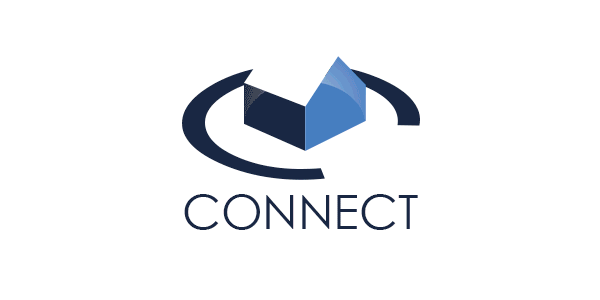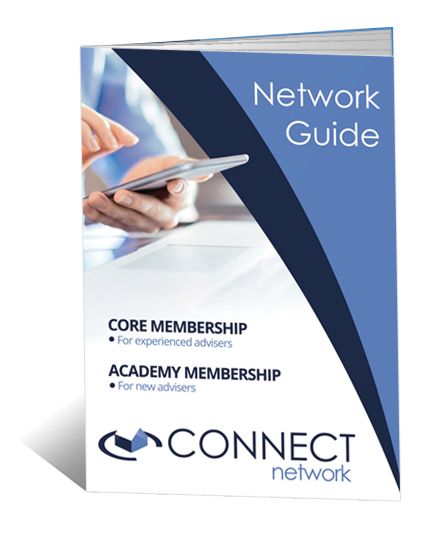Getting a Mortgage While Self-Employed
Applying for a mortgage as a self-employed individual can feel daunting. However, it’s far from impossible. This guide is here to help you understand the process and requirements so you can confidently approach your application.
Who Is This Page For?
If you’re self-employed and considering a mortgage, this information is tailored for you. Whether you’re a freelancer, contractor, or small business owner, we’ll explore everything from approval criteria to frequently asked questions. By the end, you’ll have a clearer idea of what’s needed and how to prepare.
Challenges of Being Self-Employed
Being self-employed often comes with fluctuating income and additional paperwork. Unlike salaried employees, proving consistent earnings can be more complex. However, this doesn’t mean you can’t secure a mortgage. Understanding the criteria and preparing the necessary documents will strengthen your application.
Applying for a Mortgage When Self-Employed
Self-employed individuals apply for the same types of mortgages as salaried employees. The key difference lies in proving income. While salaried applicants provide payslips and employment contracts, self-employed applicants need alternative evidence. This might include tax returns, business accounts, and bank statements.
Before applying, take time to review your finances. Consider the following:
- Personal Finances: Assess your ability to make repayments consistently. Review any existing debts and explore ways to reduce expenses.
- Professional Finances: Ensure your taxable income is sufficient to cover mortgage payments. This may involve improving your business’s financial health.
Understanding Self-Employed Mortgage Criteria
Lenders typically categorise self-employed applicants into three groups:
- Sole Traders: Individuals who own their business and keep all profits.
- Partnerships: Businesses shared between two or more people, with profits divided accordingly.
- Limited Companies: Separate entities that keep personal and business finances distinct.
Each group has unique documentation requirements, so knowing what applies to you is essential.
Documents You Will Need
Lenders require specific evidence to evaluate your income and financial stability. Key documents include:
- Tax Calculations and Overviews (SA302): These outline your earnings and tax payments, available from your self-assessment tax return.
- Upcoming Contracts: If you have future work lined up, share this to demonstrate ongoing income.
- Salary and Dividend Records: Limited company directors should provide evidence of payments to themselves.
Lenders will also examine your profit trends over the years. Consistent or increasing profits can significantly boost your chances of approval.
What If You’ve Recently Become Self-Employed?
Newly self-employed applicants may face additional challenges due to limited financial history. In such cases, having a strong credit score and evidence of future earnings can improve your application. Building a solid track record over time will make it easier to secure a mortgage in the future.
How Can Connect Experts Assist?
Working with mortgage experts can simplify the process and save time. Professionals can help match you with lenders who understand the complexities of self-employment. Additionally, they provide tailored advice to strengthen your application.
Read our previous post on: 6 Top Tips to Help You Get a Mortgage
Thank you for reading our “Are You Self-Employed and Need a Mortgage? | Talk 2 Connect, publication. ” Stay “Connect“-ed for more updates soon!




